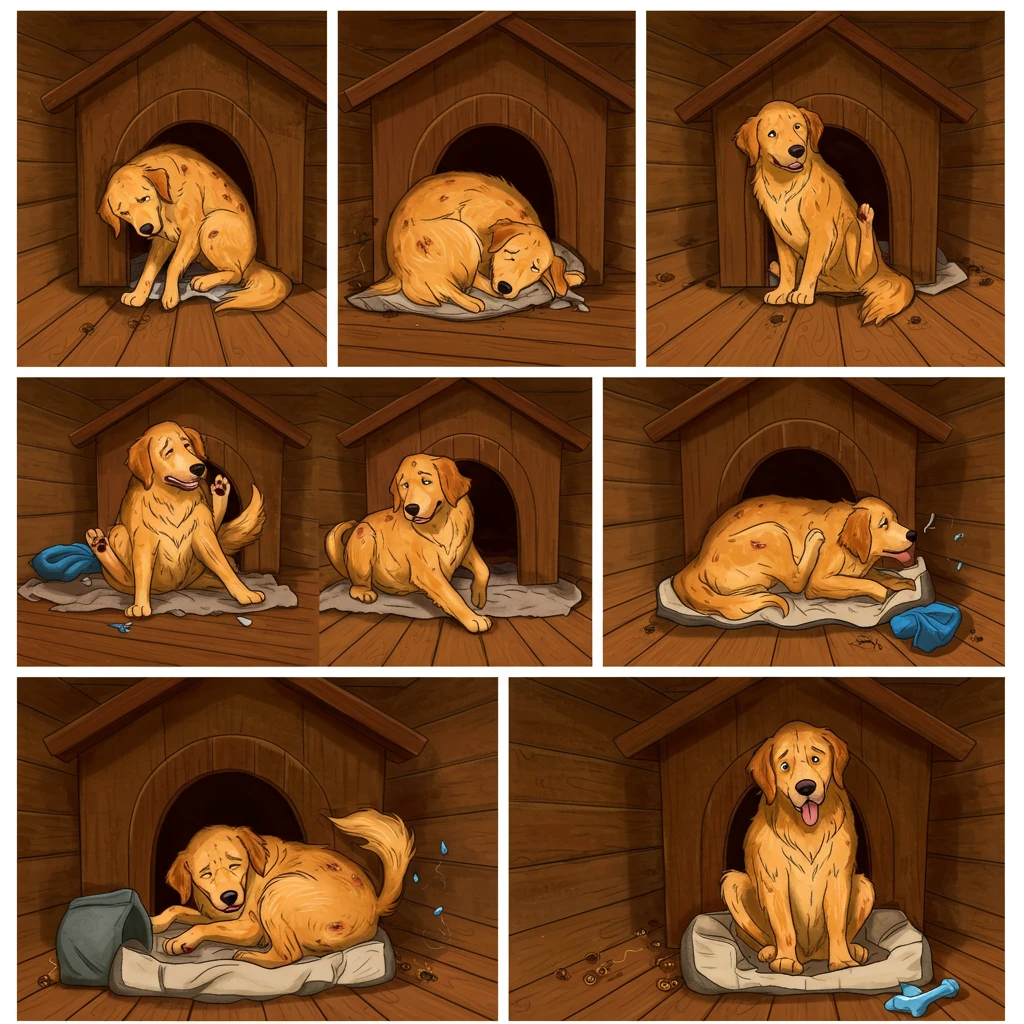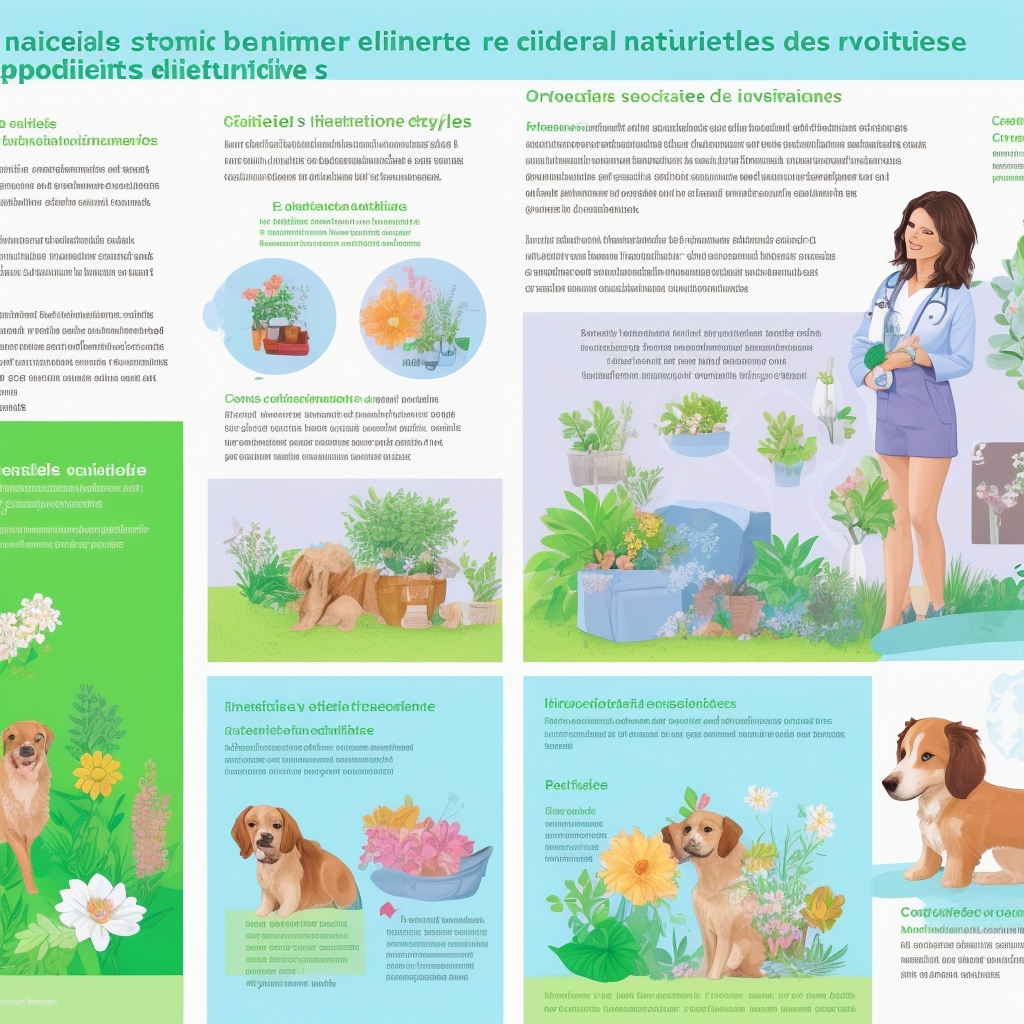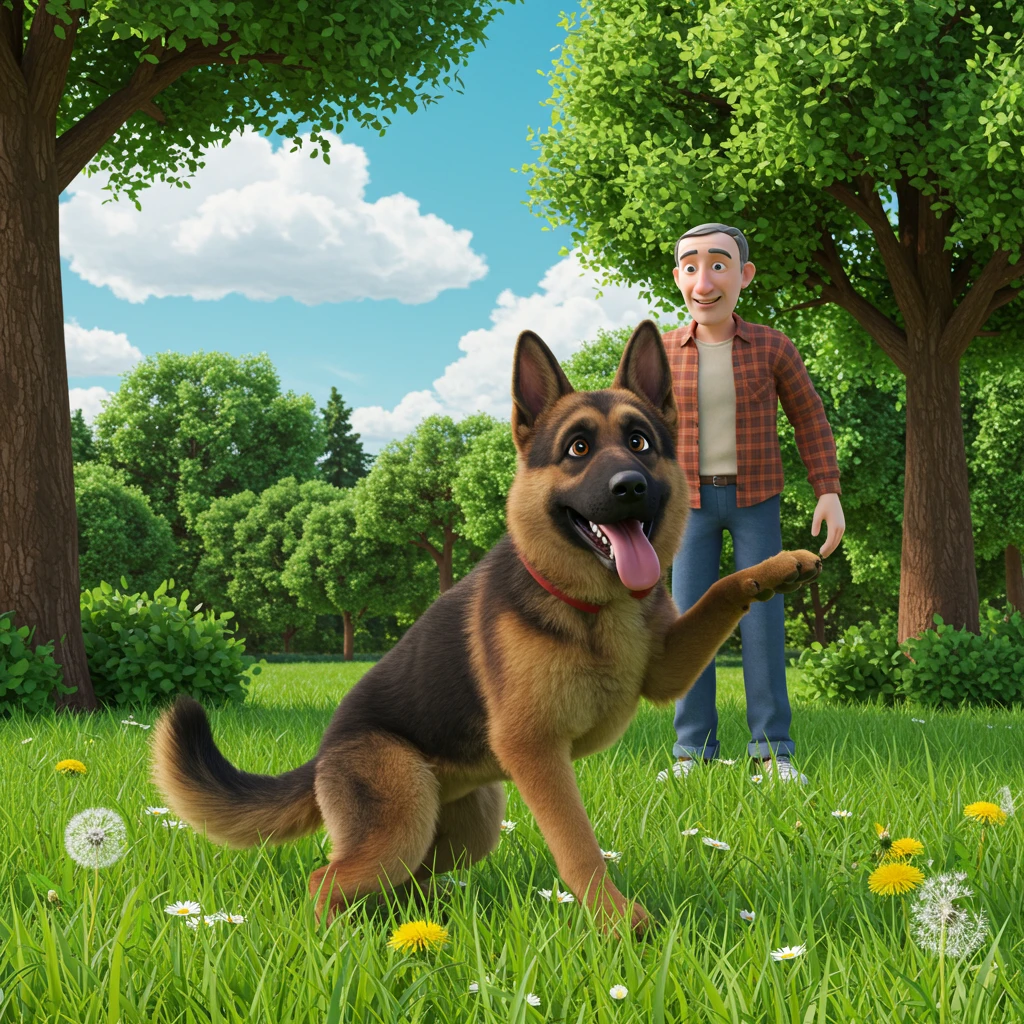Hair loss in dogs is a common phenomenon that can cause worry for owners. While coat shedding is a normal process, excessive hair loss can be a sign of an underlying problem. In this article, we’ll explore the various causes of hair loss in dogs, as well as effective solutions to address it. By understanding these factors, you’ll be better equipped to care for your four-legged companion.
Causes of Hair Loss in Dogs
1. Seasonal Changes
Seasonal hair loss is a natural phenomenon that typically occurs in spring and autumn. During these periods, dogs shed their winter coat to make way for a lighter coat, and vice versa. This process, known as shedding, can vary in intensity depending on the breed.
Concrete example: Labrador Retrievers, for instance, are known for their significant shedding in the spring, where they can lose a considerable amount of hair.
2. Allergies
Allergies can be a major cause of hair loss in dogs. These can include food allergies, environmental allergies (pollen, dust, etc.), or allergies to parasites like fleas. When a dog scratches or licks excessively due to irritation, it can lead to hair loss.
Use case: A Golden Retriever that scratches frequently might be suffering from a pollen allergy, leading to localized hair loss on certain parts of its body.
3. Skin Infections
Bacterial and fungal infections can also cause hair loss. Infections like dermatitis can lead to itching and skin inflammation, resulting in hair shedding.
Concrete example: A dog with ringworm, a fungal infection, might have bald patches on its coat, often accompanied by redness and scabs.
4. Parasites
Parasitic infestations, particularly by fleas, ticks, and mites, can also cause hair loss problems. The itching caused by these parasites prompts the dog to scratch, which can lead to thinning hair patches.
Use case: A dog that spends a lot of time outdoors might be exposed to ticks, which can cause hair loss around the infected area.
5. Hormonal Problems
Hormonal imbalances, such as hypothyroidism or Cushing’s syndrome, can also lead to hair loss in dogs. These conditions often require a veterinary diagnosis and appropriate treatment.
Concrete example: An older dog with diffuse hair loss and sudden weight gain could be suffering from hypothyroidism.
Solutions for Hair Loss Problems
1. Regular Grooming
Regular grooming is essential to maintain your dog’s coat health. This helps remove dead hair and stimulate blood circulation. During shedding season, daily brushing can help reduce the amount of hair lost in the house.
2. Balanced Diet
A balanced diet rich in omega-3 and omega-6 fatty acids is crucial for coat health. Foods containing nutrients like biotin can also promote coat health.
Best practice: Opt for high-quality kibble or consider adding dietary supplements after consulting your veterinarian.
3. Medical Treatments
If hair loss is due to infections or hormonal problems, veterinary treatment will be necessary. This might include antibiotics to treat an infection or medication to regulate hormones.
4. Parasite Prevention
Use preventive treatments against parasites, such as flea spot-ons or anti-tick collars, to protect your dog from infestations that can lead to hair loss.
5. Veterinary Consultation
If you notice excessive hair loss or changes in your dog’s behavior, it’s important to consult a veterinarian. Early diagnosis and appropriate treatment can prevent more serious complications.
Key Points and Best Practices
- Regular brushing: Frequent grooming helps reduce shedding and keeps the coat clean.
- Diet: Offer a healthy and balanced diet, rich in essential nutrients for skin and coat.
- Allergy monitoring: Observe your dog’s symptoms and consult a vet for itching or irritation.
- Parasite control: Apply preventive treatments to avoid parasitic infestations.
- Veterinary consultation: Don’t overlook signs of underlying health problems, as they may require medical attention.
Conclusion
Hair loss in dogs can be caused by various factors, ranging from seasonal changes to more serious health problems. By understanding these causes and implementing appropriate solutions, you can help your dog maintain a healthy coat and reduce its discomfort. Remember that consulting a veterinarian is crucial when signs of health problems appear. With proper care and attention, your four-legged companion can enjoy a happy and healthy life.
Have you tried any of these solutions already, and if so, what were the results?







